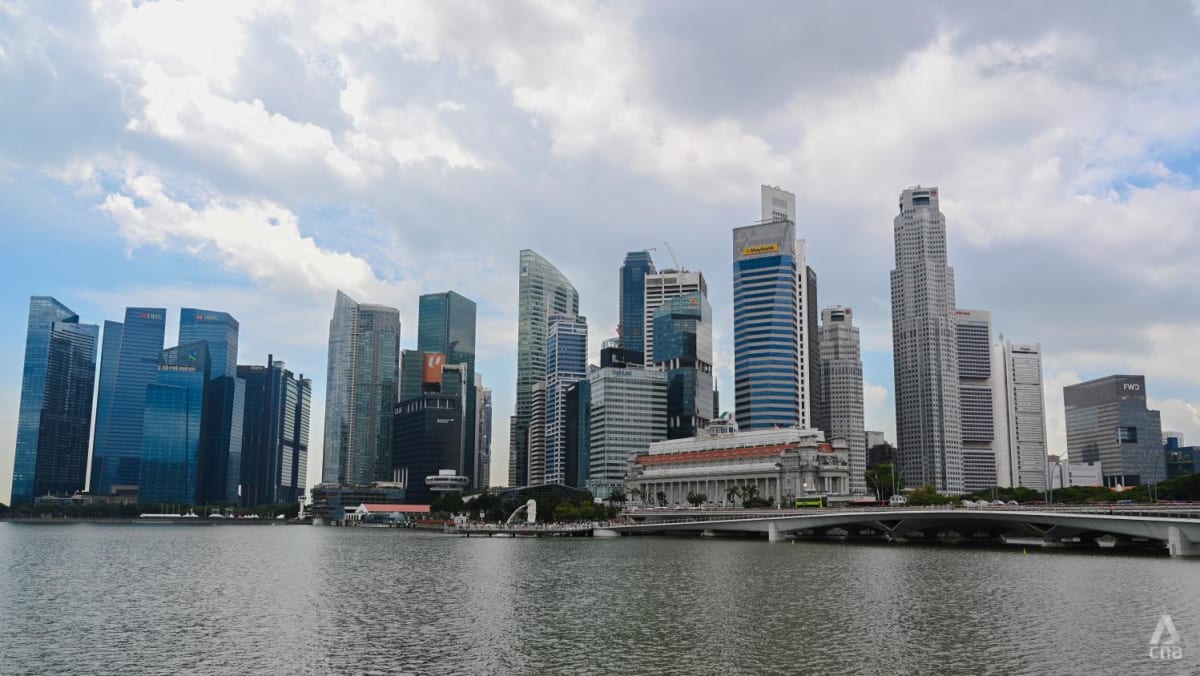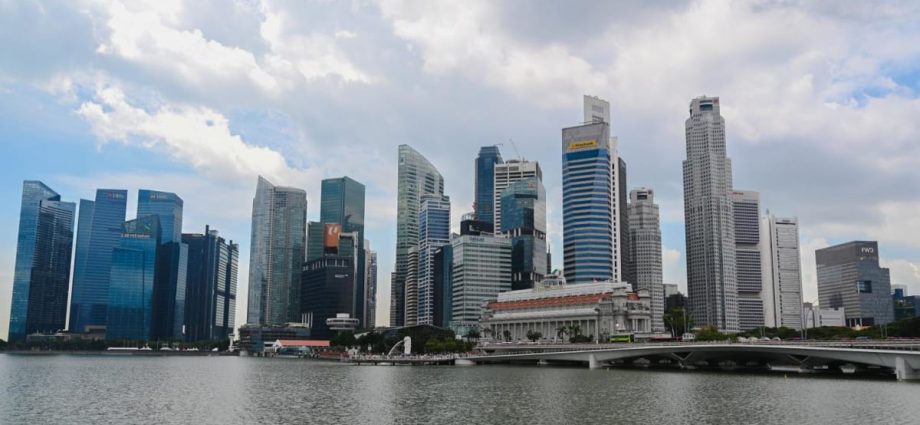
WEAKENING ECONOMIC GROWTH
Concerns about the economy are aplenty, according to economists.
Externally, global growth is slowing, which will in turn take a hit on global trade and demand. This is a “bleak” outlook for the Singapore economy, which is among the most exposed to a global downturn and weak external demand, said Capital Economics’ economist Shivaan Tandon.
Already, the key manufacturing sector is feeling the heat, contracting 6 per cent year-on-year in the first quarter, worse than the 2.6 per cent contraction in the preceding quarter.
The sector, which makes up about one-fifth of Singapore’s economy, is also grappling with an ongoing downturn in the global semiconductor industry.
“Singapore has a large electronics sector so not only is the economy highly exposed to weak global demand, it is also vulnerable to weak global electronics demand,” Mr Tandon said.
“This is likely to compound the weakness in exports and will weigh on the domestic labour market too through weaker employment.”
The pause in the central bank’s tightening cycle is aimed at giving exports some support, said MUFG Bank’s senior currency analyst Jeff Ng.
“If it continues to tighten, exports may become less competitive as they become more expensive. In turn, we may see less demand for our goods and services, which can cause the downturn to worsen,” he added.
Beyond manufacturing, economists are also concerned by hints of weakness in the services sector.
Advance estimates showed the wholesale and retail trade, as well as the transportation and storage sectors, collectively contracted 1.1 per cent year-on-year in the first quarter, reversing the 2.4 per cent growth in the quarter before.
The information and communications, finance and insurance, and professional services sectors grew by 1.9 per cent year-on-year, nudging down from the 2.5 per cent growth in the preceding quarter.
While holding up on the back of travel resumption and economies reopening, the accommodation and food services, real estate, administrative and support services, as well as other services cluster saw a moderation in growth, from 9 per cent in the fourth quarter of last year to 6.7 per cent in the first quarter of 2023.
Overall, the services producing industries grew 1.8 per cent in the first quarter, against 4 per cent in the preceding quarter.
Apart from the decline in the externally-oriented services industries, Mr Ng noted that the modern services cluster is currently feeling the impact of a downturn in the technology sector. The cluster also faces the possibility of “some volatility” from the recent upheavals in the global banking sector.
“With services accounting for two-thirds of the Singapore economy, the weakness in at least two out of three clusters is a concern,” the analyst told CNA.

